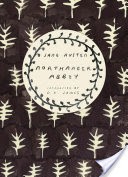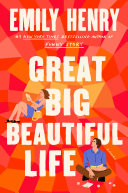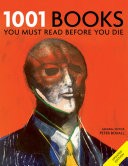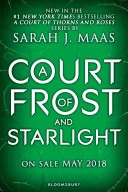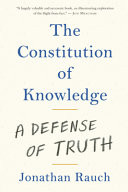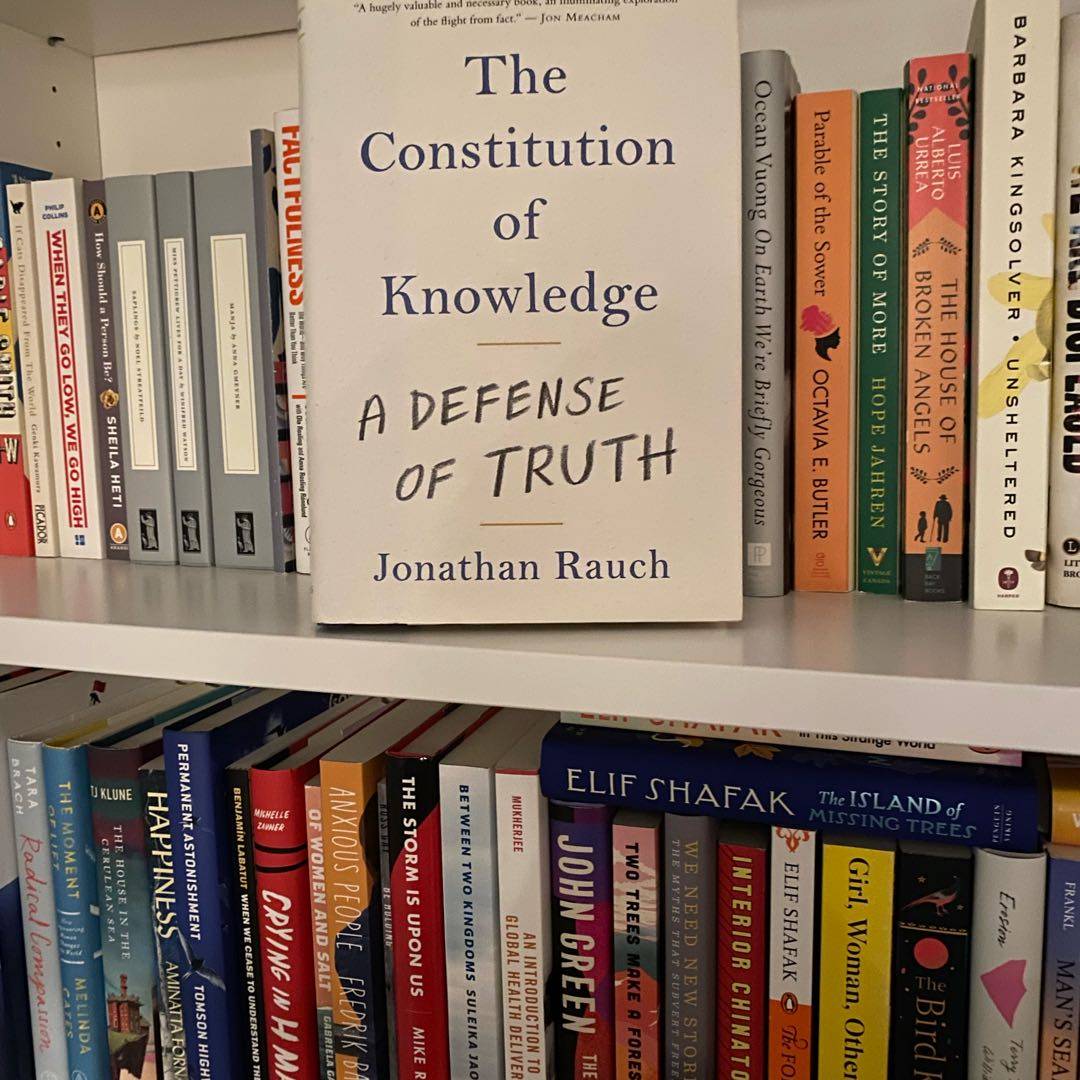
I‘ll give this a pick but with caveats. This book covers the timely subject of how information is gained, vetted, and knowledge established in society. It has lots of important “food for thought,” however, I was disappointed by the author‘s discussion of the concept that words are not violence, they don‘t hurt you, other than perhaps your feelings (and people need to toughen up.) In my opinion, he fails to properly address ⬇️
ReadingRachael ….that it is words that insight violence, and it is words that lead people to discriminate. I wonder his viewpoint on this is, in part, due to the safety that comes from not being a “visible” minority and therefore not having experienced violence and discrimination from total strangers based on appearance alone? I wish this subject was better addressed as the book left me at times saying but…..but…..but…. 3y
7 likes1 comment







